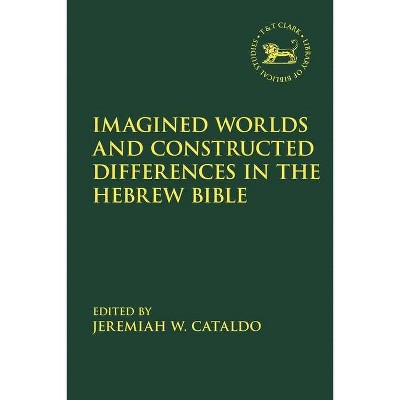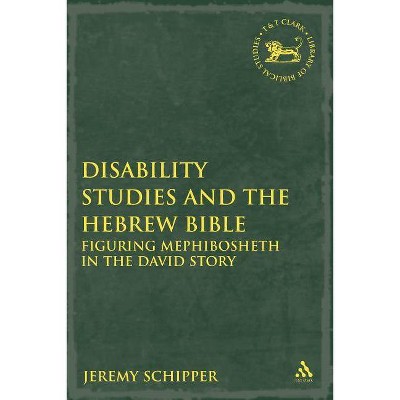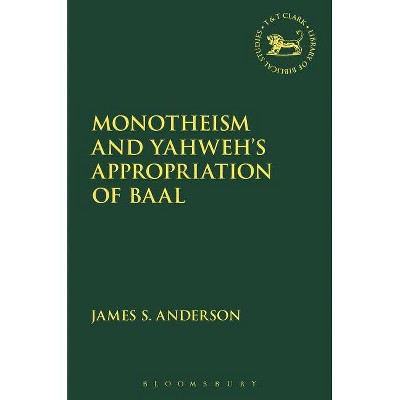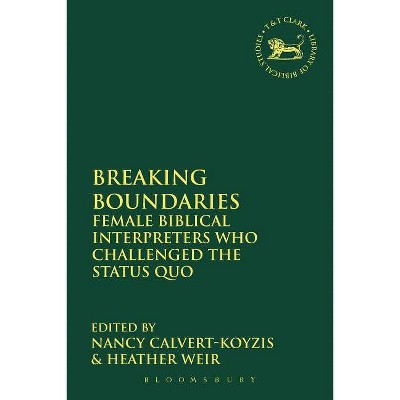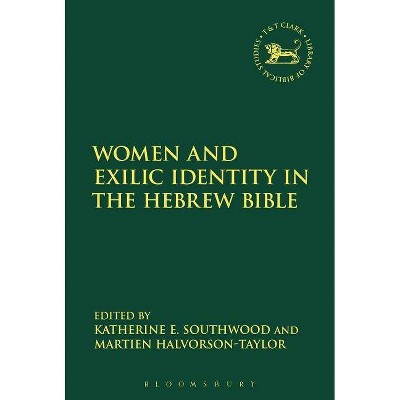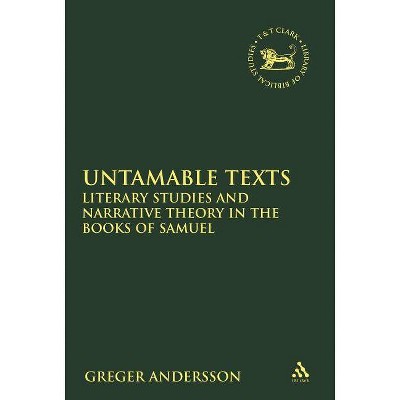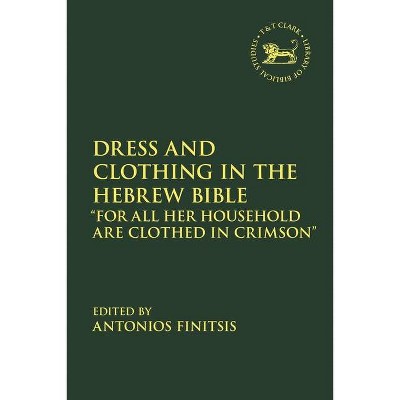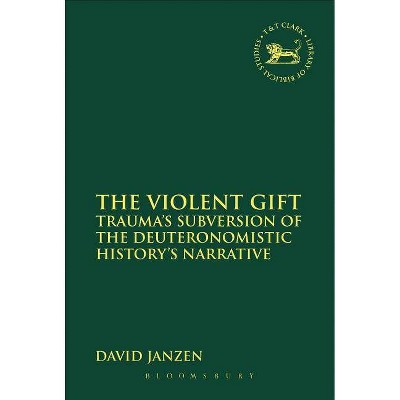Breaking Monotheism - (Library of Hebrew Bible/Old Testament Studies) by Jeremiah W Cataldo (Paperback)
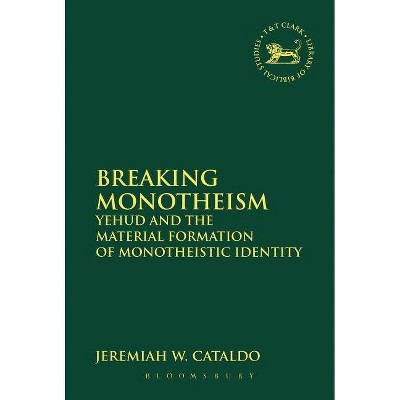
Similar Products
Products of same category from the store
AllProduct info
<p/><br></br><p><b> About the Book </b></p></br></br>This work offers a social-scientific analysis of Yehud and uses that analysis to construct a model through which to analyze later monotheistic religious developments.<p/><br></br><p><b> Book Synopsis </b></p></br></br>Breaking Monotheism makes the case that the failed vision of a theocratic utopia in the biblical texts has contributed (in a structural sense) to the exclusionary focus of monotheistic religion. Using the Persian province Yehud as its primary case study, this work embodies a special focus on the interaction between religion and the social-political body in several important areas: (1) power relations in the province, (2) land as private property and its economic impact, (3) political structure and the "rule of law," (4) monotheistic religious identity in Palestine and its tendency toward "cultural" exclusion, and (5) social group formation in the midst of conflict.This work makes the case that cultural-religious patterns and trends that would later prove formative for Judaism and Christianity as monotheistic religions began with the failed reality of a theocracy in Yehud. Thus, and this point will be demonstrated in the work, Yehud offers not only a historical subject for analysis but also a model through which to analyze and understand the development of the broader framework of later monotheistic religions.<p/><br></br><p><b> About the Author </b></p></br></br><b>Jeremiah Cataldo </b>is Assistant Professor of History in the Frederik Meijer Honors College at Grand Valley State University, USA.
Price History
Price Archive shows prices from various stores, lets you see history and find the cheapest. There is no actual sale on the website. For all support, inquiry and suggestion messages communication@pricearchive.us
